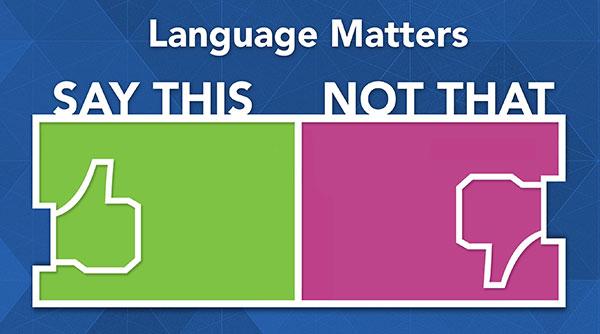A new federal law appropriates $10 billion for the Veteran’s Choice Fund to provide care to eligible veterans outside Veteran’s Administration (VA) facilities. Here are some details to consider about the requirements of this new law:
Implementation timing—The law calls on the VA to promulgate regulations to identify how this law will be implemented within 90 days after the law is enacted. That means there will be a regulatory process between now and the time that providers can actually serve veterans and get reimbursed by the Veteran’s Choice Fund. How long that takes depends on how efficient that process is, but it’ll be months, not days or weeks.
Eligible providers—Any healthcare provider who participates in the Medicare program, is a FQHC, or is part of the Department of Defense health system or Indian Health Service is considered a qualified provider. The law also states that an eligible veteran can choose from any eligible provider to receive services.
Eligible veterans—A veteran is eligible if:
- They are either enrolled in the VA patient enrollment system as of 8/1/14 or are eligible for VA hospital/medical services at that time; and
- They have attempted to schedule an appointment with the VA but cannot get in within the wait time goals of that VA facility (usually 30 days but the law allows facilities to use different wait time goals as long as those goals are posted on their website) or they reside more than 40 miles from a VA facility (including community-based outpatient clinics).
Reimbursement rates—The law sets the maximum reimbursement rates for providing these services at Medicare rates for the same services. An exception exists for veterans in highly rural areas, which are defined as counties with no more than 7 residents per square mile.
Provider credentials—Providers must maintain “at least the same or similar credentials and licenses as those… required of health care providers at the [VA]”. Providers must submit verification of these credentials/licenses at least once per year.
Copays—Providers must collect any copays due from eligible veterans at the time of service provision. Veterans are only required to pay copays to providers if they would also be required to pay a copay for the same service(s) at a VA facility.
Claims processing—The law states that the VA “shall provide for an efficient nationwide system for processing and paying bills or claims” for services provided to veterans under this law. What this probably means is that the VA doesn’t have any way of paying claims now – so service providers will have to endure the “bugs” of a new system at the beginning of that reimbursement process.
Medical records—Providers will have to make sure that information about a veteran’s treatment gets into the medical record maintained by the VA for that veteran. The law doesn’t specify how this should be done except that it should be in electronic format if possible.
Be Brave. . .Learn More about Substance Use Services and Addiction
Administering Narcan Can Save Lives Let’s talk about Narcan and how it can be used to…
Be Brave. . .Support Suicide Prevention
It is important to learn the warning signs of suicide. The following are some of the…
May Is Mental Health Month Proclamation
Whereas, Mental Health Month has been observed since 1949 to raise awareness of mental health conditions and…




